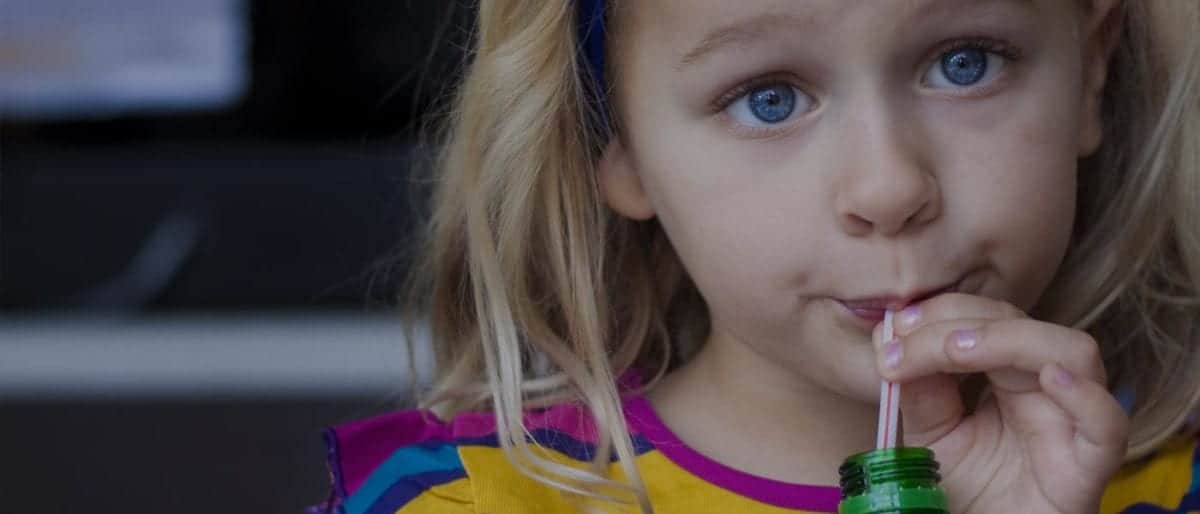In “How To Stop Dental Decay in Children – Part 1 Causes and Consequences” we discussed that half of all children aged 6 have dental decay, dental decay is a bacterial disease, children are infected with the bacteria usually by transmission of saliva (usually from parents), the consequences of dental decay and the major risk factors for dental decay in children.
To prevent dental decay in children the two major areas to focus on are improved diet and improved oral hygiene. To reduce the chances of dental decay in children it is best to limit their sugar intake. Food sources like soft drinks, energy drinks, sports drinks, juices, cordial, sweets, lollies, honey and fruit are all contain sugar. It is best to check the nutritional information on foods to make sure they do not contain extra “hidden” sugars. While fruits contain sugars they are also part of a balanced diet.
To decrease the risk of dental decay from these sugars it is best to try to reduce the frequency, duration, and to avoid sources of sugar that stick to teeth. If sugars must be consumed it is better that they are consumed in one sitting, during a major meal rather than snacking on them in between meal times.
The recommended oral hygiene routine for children is to brush twice a day with fluoride toothpaste and to floss at least once a day but ideally twice a day. A parent should brush their child’s teeth up until the age where a child can neatly write their name in cursive writing. If a child can do this they have the manual dexterity to adequately brush their own teeth. However, parents may want to check that they are still brushing well. Before this age a child can brush his or her own teeth with a parent brushing before or after the child.
Regular dental exams are a great way to prevent dental decay. A dentist can advise on improvements needed in diet or in oral hygiene routines. A dentist can do treatments to help prevent decay starting or progressing further and, if needed, can treat dental decay early rather than waiting until a child is in pain.
For children younger than two years old, here is some additional advice:
- Avoid regular exposure of the teeth to sugary foods or drinks. Especially avoid bottles containing fruit juice or sweet drinks.
- Breast milk (or formula) and water are the best drinks
- Introduce a cup at around 6 months
- Stop using the bottle at around 12 months
- Take the bottle away once the baby is finished drinking
- The last thing that touches your child’s teeth at night should be a toothbrush
If you would like any further information please contact Avenue Dental

